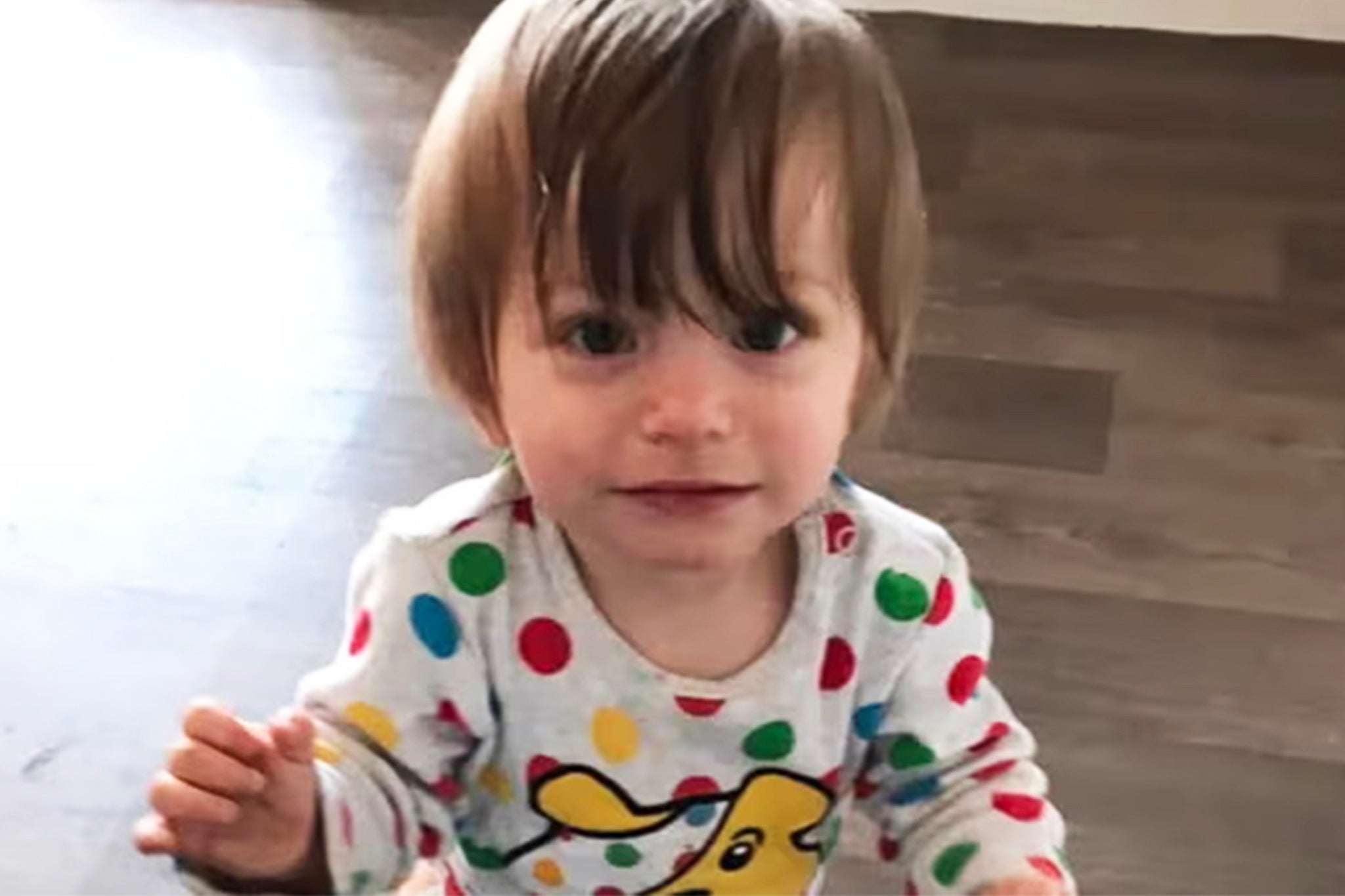I’ve been a social worker – don’t be too quick to blame us for tragedies like Bronson Battersby
The plight of the two-year-old who starved to death after his father suffered a fatal heart attack has touched the entire nation – but it’s too easy to point a finger at those who tried to help, says Chris Finnigan


For 40 years, I was a social worker around Yorkshire, and am relieved to be semi-retired, in a part-time managerial role – because the job has never been as hard as it is today.
Like the rest of the country, I was shocked by the tragedy of Bronson Battersby, the toddler whose body was found in a Skegness flat next to that of his father Kenneth, who had died of a heart attack over Christmas, leaving his two-year-old, who was known to social services, to die of starvation.
It’s a dreadful thing to happen. In her grief, I notice that Bronson’s mother has blamed social services for the death of her son, which, I think, might be a normal human reaction. When a tragedy happens, people tend to lash out at social workers.
But actually, it was a social worker who raised the alarm, apparently calling the police twice, after two visits to the father’s home. We should be asking: where were other people in all this – the extended family, friends, neighbours? Sometimes it’s easier to blame the people who are there to help.
Lots of people live isolated lives. Skegness is famously a transient sort of place, somewhere people who are unmoored migrate to.
I have managed dreadful cases where children have died or have been murdered by a parent. Once, I had a mum who had come home from work and found her son dead: the father had killed their child. In those instances, social workers immediately go into professional mode. After an emergency multi-agency meeting, a serious case review would be launched. As a manager, you have to put aside your upset over what had happened and start thinking: did we do everything we could have done?
And you have to prepare yourself for the inevitable blame game. The media team would handle the calls from journalists, but there’d still be an onslaught from social media for you to process. Facebook and the like is what makes doing the job so difficult these days.
As a manager, you have a duty of care to the case worker. The public response can have a massive effect on their abilities to work under the circumstance, and overwhelm them.
I remember the outcry after six-year-old Arthur Labinjo-Hughes was murdered by his parents in Solihull: again, the public blamed social workers for not having “done something”. But they’re not allowed to break into a home – that’s a police matter. They have no right to take children from a home, either (again, the police can). For social workers to raise the alarm, you’ve got to have evidence, and abusive parents can give plausible explanations for a child’s injuries.
Social workers can only do so much – and the job is only getting harder. It’s so much harder than when I started out in the 1980s. Domestic abuse has always been an underlying factor – and we are fortunate that people today are much more aware of the impact it can have on children. But back then, drug use wasn’t at the level that it is today.
The rise in poverty levels has only had a detrimental effect on how parents care for their children. The profession went through a difficult time during the austerity cuts, from 2008 onwards, which impacted on the work of most local authorities, who provide early help services.
GPs don’t have the same relationship they once had with families, and overstretched health visitors are more in demand than ever. We’re more reliant than ever on teachers to look out for the children in their schools – but since Covid, a little child not attending for a few days isn’t so unusual, so it doesn’t get red-flagged so much any more.
Increasingly, there are cultural issues to navigate, too, especially in urban areas, where language barriers only make things trickier.
Does the public know how many children social workers are looking after on any given day? The number who have child protection plans has gone up massively, to around 63,000 in 2022/23. Coupled with the number of children being looked after in care and those classified as “children in need”, there’s around half a million children on the social services radar. That’s a lot of casework for an under-resourced sector.
But as the work piles up, there are fewer social workers to tackle it. The truth is it’s not a well-paid profession. With a starting salary of around £24,000, why would you go into social work as a graduate when you can get several times that working in tech?
Bookmark popover
Removed from bookmarks